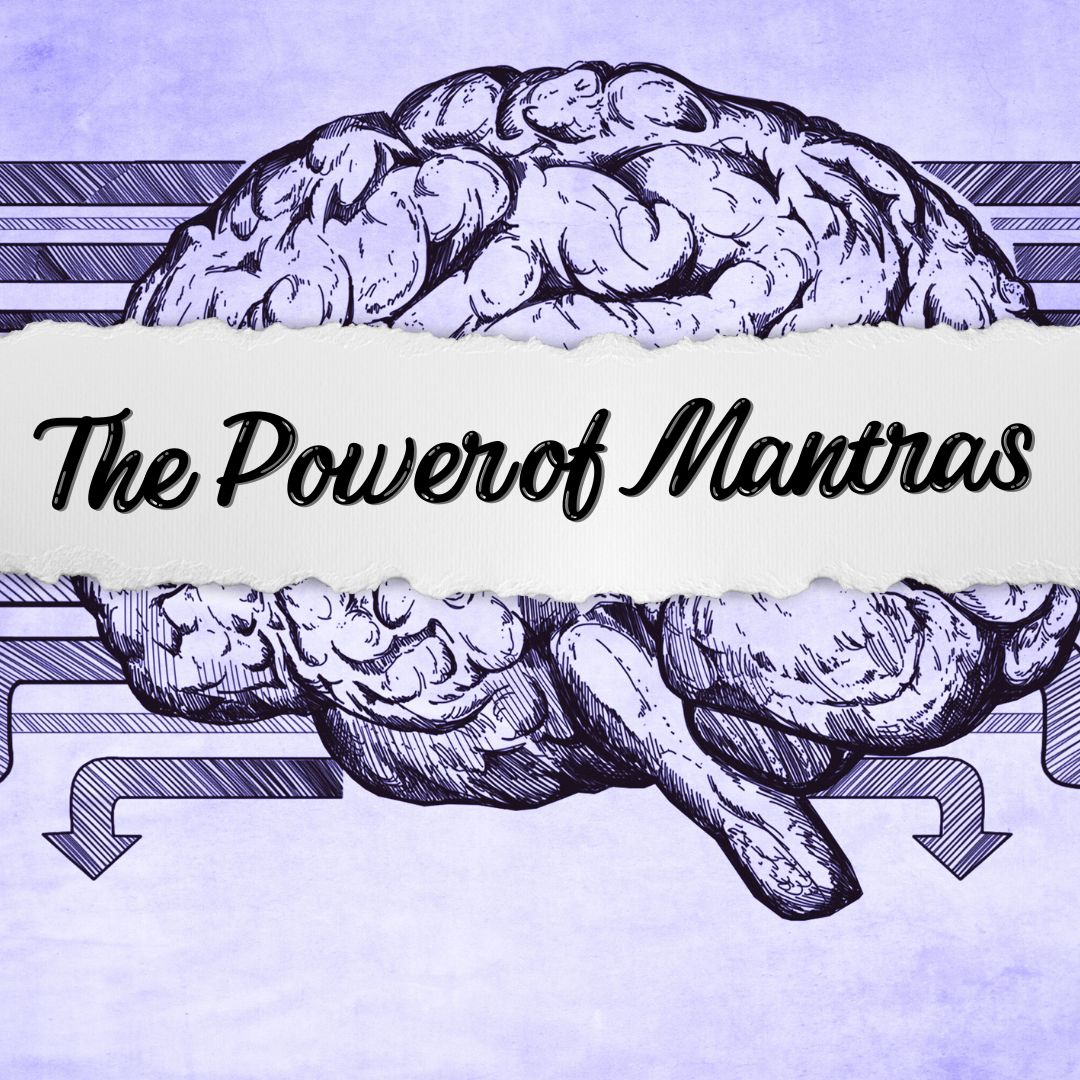Carl Rogers famously wrote, “The curious paradox is the more I can accept myself, the more I can change.” This was written back in 1961, so it’s nothing new. But it still holds true and is as vital today as it was back then.
We are all guilty on some level of beating ourselves up from time to time and allowing our harsh inner critic too much say during our inner monologues. It’s too easy to let shame shape our thoughts when we make mistakes, and when upsetting thoughts and feelings ramp up, self-compassion tends to go out the window. It is much easier to forgive a coworker’s mistake than our own. Why is that? Why is offering others compassion and forgiveness so much easier than ourselves? The irony is we cannot be fully compassionate towards others and if we are not first authentically compassionate with ourselves.
Dr. Kristen Neff was a forerunner of self-compassion research, a YouTube star, and the author of the groundbreaking book Self-Compassion: The Proven Power of Being Kind to Yourself. Here is an excerpt of her definition of self-compassion from her website selfcompassion.org
Self-compassion is simply the process of turning compassion inward. We are kind and understanding rather than harshly self-critical when we fail, make mistakes, or feel inadequate. We give ourselves support and encouragement rather than being cold and judgmental when challenges and difficulties arise in our lives. Research indicates that self-compassion is one of the most powerful sources of coping and resilience we have available to us, radically improving our mental and physical wellbeing. It motivates us to make changes and reach our goals not because we’re inadequate, but because we care and want to be happy.
We encourage you to make the practice of self-compassion a regular part of your health and well-being practices. Start with being aware of your inner critic’s spicy commentary. Treat yourself like you would treat your child or best friend when mistakes are made. Catch and correct your mean spirited comments to yourself.
As with everything that involves positive changes, this is a process and takes time. Our inner dialogue creates our reality, so, changing our self-talk is an excellent exercise in practicing self-compassion. When you slip up, acknowledge the setback but offer kindness and support to yourself instead of a reprimand.
Below are some alternate mantras and quotes to support your self-compassion quest. Mantras are an individual affair; it’s important to find a phrase that works for you. If a quote inspires you, turn it into a mantra! A perfect message to have handy to remind you to stop holding back and let self-compassion flow in your life.
Alternate Mantra Ideas
Forgive Me Friend
Self-Compassion IS A Sign of Strength
Cut Yourself Some Slack
Compassion is Essential to The Jedi Way of Life
Quotes That Support This Mantra
“Remember, you have been criticizing yourself for years and it hasn’t worked. Try approving of yourself and see what happens.” ― Louise Hay, You Can Heal Your Life
“Compassion and tolerance are not a sign of weakness, but a sign of strength.”– Dalai Lama
“We can weather disappointment in ourselves better if we act kindly towards ourselves.” ― Gina Simmons Schneider, Frazzlebrain: Break Free from Anxiety, Anger, and Stress Using Advanced Discoveries in Neuropsychology
“Compassion is at the heart of every little thing we do. It is the dearest quality we possess. Yet all too often it can be cast aside with consequences too tragic to speak of. To lose our compassion, we lose what it is to be human.” – Unknown
“Attachment is forbidden. Possession is forbidden. Compassion, which I would define as unconditional love, is essential to a Jedi’s life. So you might say that we are encouraged to love.” -Anakin Skywalker from Star Wars Episode II: Attack of the Clones
Recommended Books to Learn More About Self-Compassion
Self-Compassion: The Proven Power of Being Kind to Yourself by Kristen Neff
The Mindful Path to Self-Compassion: Freeing Yourself From Destructive Thoughts and Emotions by Christopher Germer
50 Mindful Steps to Self-Esteem: Everyday Practices for Cultivating Self-Acceptance and Self-Compassion Book by Janetti Marotta
The Happiness Trap: How to Stop Struggling and Start Living – Russ Harris


